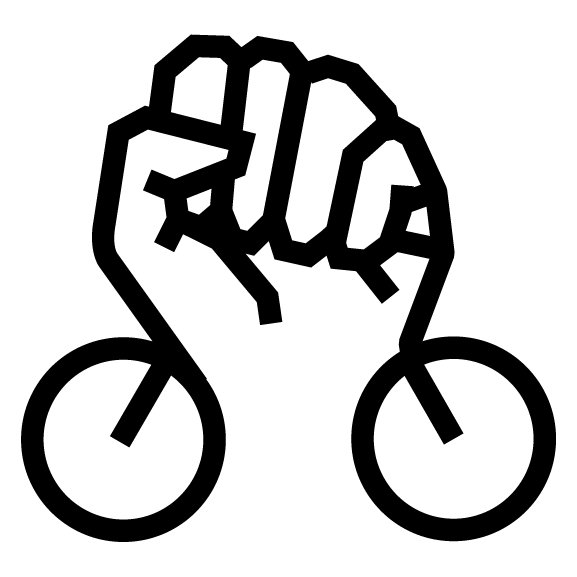Sometimes, it seems, people in other countries know the US political system and races even better than Americans known them. So it was not a surprise when, during a recent phone conversation, a friend in France asked for my opinions about the candidates for the Democratic party presidential nomination.
For now, I said, I am leaning toward Elizabeth Warren, though I also like Pete Buttigieg. We are a year away from the election, so more than a few things could change my mind.
Here's one: If some candidate pledged to fund bicycling in any shape or form in the US, that might be enough to get my vote.
Of course, if it's so difficult for candidates to commit to establishing a healthcare system that doesn't leave people in poverty, or worse, when they have major medical problems, I don't think those same candidates are going to prioritize two-wheeled transportation, let alone a bike race.
That is, in essence, one reason why the Amgen Tour of California has been put "on hiatus," and why The Philly Cycling Classic, U.S. Pro Challenge, Tour de 'Toona and other major American races disappeared in recent years. No less than Jonathan Vaughters, the current EF Education First team manager--and one-time US sprint champion--says as much. "Municipalities or government entities are not going to sponsor cycling. Our political system doesn't allow for that." A result, he says, that we are not going to have " big-money, massive state-backed races like this new race in Saudi Arabia or the UAE Tour." The money, he says, has to come from private sources.

The Amgen Tour of California was the last remaining UCI World Tour race in the US. During its 14-year history, it brought some of the world's most talented riders to these shores. In last year's Tour, Travis McCabe nearly out-sprinted Peter Sagan, regarded as one of the world's best in that discipline. The loss of such a race in America could be a particular blow to the cycling scene in the US because it is "aspirational," according to Adam Myerson, president of Cycle-Smart coaching services. "We need people to watch" races like the AMTOC, he explained, "and want to be racers because of it." Of course, they can watch footage (although it is sometimes grainy) of events taking place in Europe and elsewhere, but nothing motivates young people like seeing a hometown hero on home turf.
Kristin Klein, president of ATOC and vice president of AEG Sports (the events company behind ATOC), says that AEG is "trying to determine if there is a business model that will allow us to successfully re-launch the race in 2021." Some observers believe that while the loss of the Tour is a blow to European-style racing in the US, it might force ride organizers to reassess the organizational structure of cycling events to determine what works, and what doesn't.
While European-style racing has struggled in the US, other events, like Gran Fondos and gravel racing, have grown in popularity. Myerson and others envision a structure similar to that of the New York Marathon: An elite contingent of 100 or so riders would challenge for prizes and championships, followed by thousands of other participants who have helped to finance it with their entrance fees.
In other words, the US cycling scene could be remade into something different, but no less interesting, than its counterparts overseas. Or one of the candidates could pledge some money for cycling events...





























